
Definition of Sciences of the Quran
Sciences of the Quran are every science that is meant to serve the Holy Quran and try to explore its secrets and reveal its mysteries, such as the research in the Quranic revelation and Quranic scripts, the collection and classification of the Quran, the ways of reciting and drawing it, its accuracy and its similitude, its Abrogater and Abrogated, its miraculousness and its eloquence, its methods and its stories. Given the multiplicity of aspects of the Quran and their ramifications, the pursuit of understanding each of these aspects led to the emergence of a number of sciences and their branches called “Sciences of the Quran” by Muslim Scholars. Az-Zarkashi brought the number of these sciences in his book "Al-Burhan / The Proof" to forty-seven types, Al-Hafez Al-Suyuti in his book "The Perfect Guide to the Sciences of the Quran" brought it to eighty types. Among other types, we mention, to name a few, the science of interpretation, the science of circumstances of revelation, the science of inimitability in the Quran, the science of Quranic script and much more. Sciences of the Quran are purely Islamic and Arabic, they established by Muslim Scholars who contributed extensively to its development.
Origin and Evolution of the sciences of the Quran
The sciences of the Quran originated in terms of their existence during the era of the Prophet (pbuh), as for the registration and the writing, their origin varies according to each type. In the era of pre-notation and pre-collection of the Quran, the Prophet (pbuh) and his companions were familiar with the sciences of the Quran, but did not register (write down) and did not publish it in the books because they did not need to do so. In the era of the Righteous Caliph Othman (mabpwh) emerged the need to write down the Quran, to assemble it and collect it in one Holy book and many copies of it were made, these were considered as the cornerstone in the emergence of the sciences of Quran. In the reign of Ali (mabpwh) emerged the need to develop the rules of the Arabic language in order to protect the Quran from intermixing with the languages of non-Arabs, and that was the beginning of Arabic grammar (Syntax). In the Umayyad era, the Companions and the Successors laid the foundation stone for the science of interpretation. Then came what is known as the era of codification and recording, and several books in various types of science were written , and the focus was first on the science of interpretation, and then books and writings ramified to include a large number of sciences of the Quran. These sciences continue to multiply and develop day after day.
Types of Sciences of the Quran
Due to the multiplicity of aspects of the Quran and the issues that it addresses , the scholars differ in the number and types of sciences of the Quran, Az-Zarkashi has limited these Quranic sciences to forty-seven types, and Al-Suyuti enumerated eighty types. In general, the sciences of the Quran can be divided into two types, the first type concerns sciences related directly to the Quran, such as the occasions or circumstances of revelation, the science of methods of recitation, and the science of Mekki and Medinan. The second type is Quranic sciences, which are divided into two types, the first type concerns sciences related to the Quran as a legitimate text (according to “Sharia”) which is considered –along with the Hadiths- the source of legislative provisions. Among these sciences: the science of jurisprudential provisions, the science of the Abrogater and Abrogated (Al-Naasikh wa Al-Mansuukh), and the science of the exact and the polysemous meaning (Al-Muhkam wa Al-Mutashabih). The second type concerns sciences related to the Quran as an Arabic text, they include a number of sciences such as the science of the Quran meanings, and the science of the allegorical (Mutashabih) of the Quran, and finally the science of vocalization of Arabic text in the Quran.
Benefits of Sciences of the Quran
The sciences of the Quran have great benefits and positive effects on both the individual and society, thanks to these sciences, the Muslim can consider carefully the Holy Quran, understand its verses and get to the essence and depth of its goals, purposes and juristic judgments. Without awareness and knowledge of the sciences of the Quran, it is difficult to form a full and comprehensive understanding of the book of Allah (SWT) since we do not know the reasons for its revelation, nor the judgments of abrogation (Naskh) or the hiding places of its inimitability. One of the benefits of the sciences of the Quran is that the fact of being equipped with their knowledge will probably help in arguing with non-Muslims and reasoning with them in the best of manners, and defend the Quran against all the suspicions raised around it. One of the benefits of the Sciences of the Quran is that its diversity, its richness, and all the knowledge, the linguistic and verbal arts that include, contribute to the development of the Muslim culture, and transcend his spirit and nourish his mind, it also soothes and refine his taste, it raises him in the skies of science and the space of knowledge. The Quran is indeed the best book in the universe, and having a wide and considerable knowledge of its sciences in one way or another is obligatory for every Muslim.
Written by: Amine Hilal
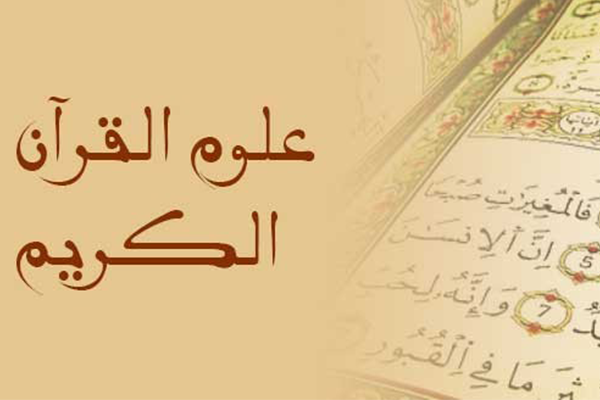
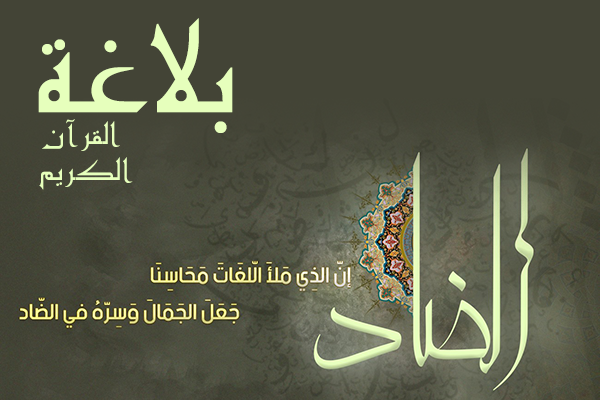
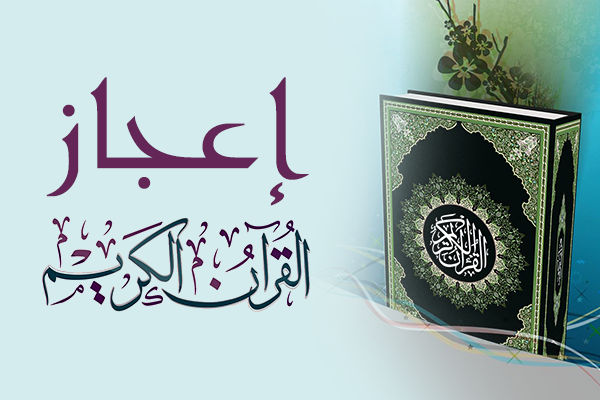
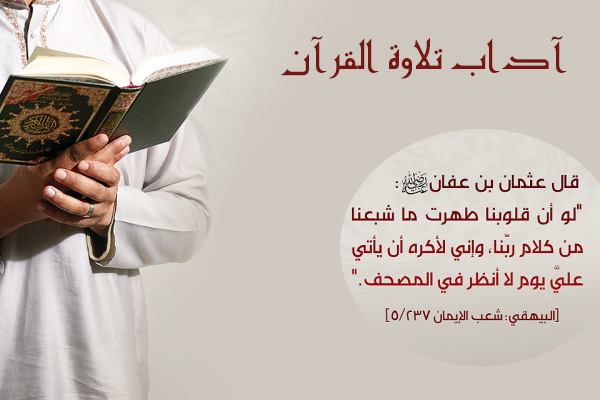
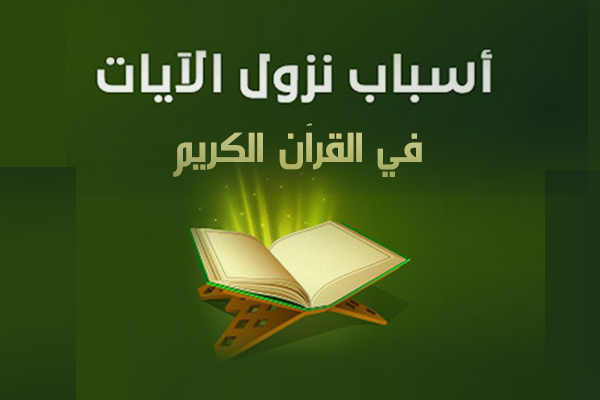
Comments